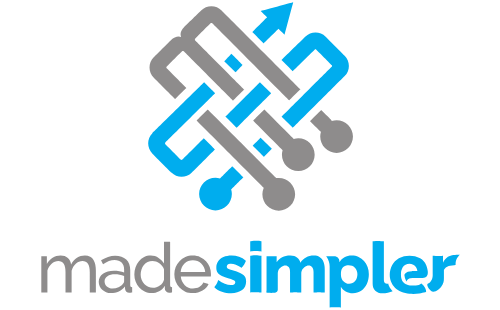Ever wonder why you can’t resist certain offers? At Made Simpler, we’ve delved into the fascinating world of marketing psychology to uncover the hidden forces that drive purchasing decisions.
Understanding these psychological triggers can revolutionize your approach to sales and customer engagement. In this post, we’ll explore the most powerful tactics that influence buying behavior and how you can ethically apply them to your business strategy.
Why Scarcity Sells
Scarcity is a powerful psychological trigger that can significantly boost sales. We’ve observed how creating a sense of urgency and exclusivity drives purchasing decisions.
Limited-Time Offers: The Ticking Clock Effect
Limited-time offers can increase conversion rates compared to regular promotions. To leverage this:
- Set clear deadlines for your promotions
- Use countdown timers on your website or in emails
- Highlight the approaching end of a sale in your marketing messages
Exclusive Access: The VIP Treatment
Exclusivity taps into our desire to be part of something unique. Try these strategies:
- Offer “members-only” deals
- Create limited edition products
- Provide early access to new releases for loyal customers
American Express saw a 60% increase in new card members after launching their “By Invitation Only” program (a prime example of exclusivity in action).
FOMO: The Fear That Propels Action
Fear of Missing Out (FOMO) motivates buyers. Use this effectively:
- Show real-time stock levels on your website
- Highlight popular items that are selling fast
- Use social proof to showcase what others are buying
The Ethics of Scarcity Marketing
While these tactics are powerful, it’s important to use them ethically. Prioritize honesty and transparency in your marketing strategies. Create genuine scarcity and urgency to boost sales while maintaining customer trust.
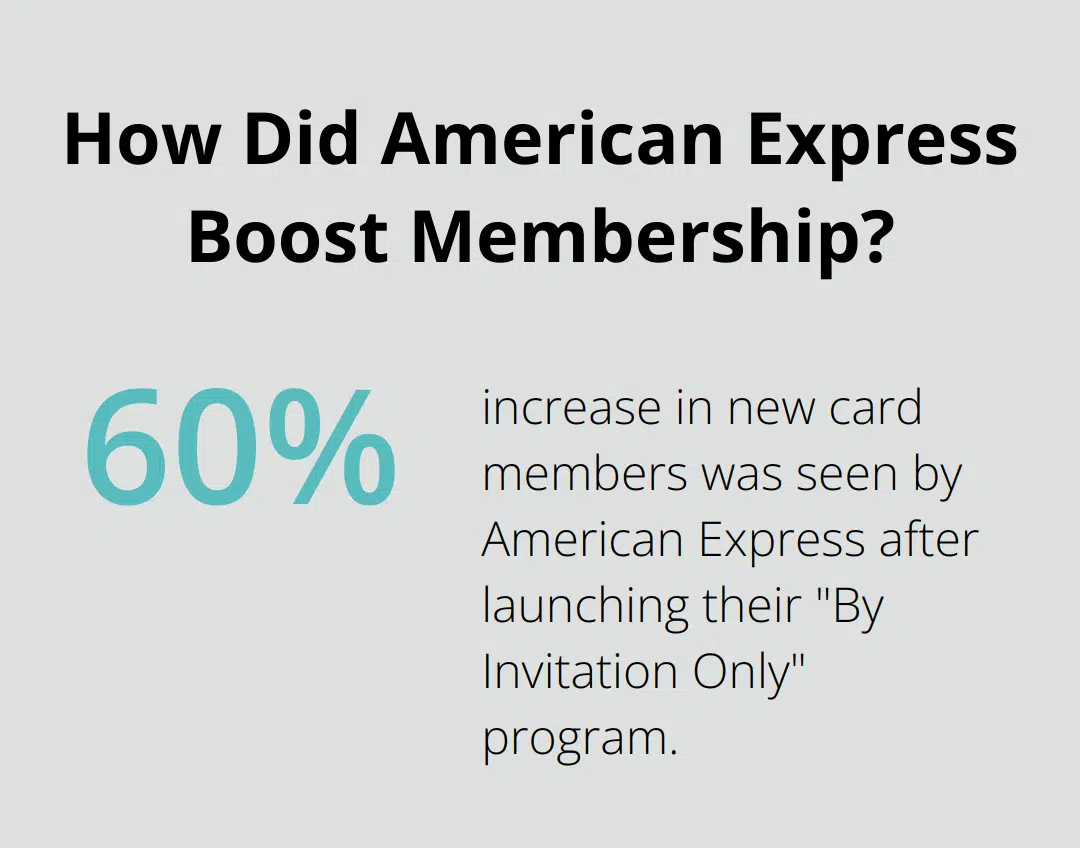
As we move from scarcity to social proof, it’s important to note how these psychological triggers often work in tandem. Let’s explore how the opinions and actions of others can sway purchasing decisions.
How Do Others Influence Our Buying Decisions?
Social proof and authority wield significant power in shaping consumer behavior. These psychological triggers can boost sales and brand trust when used effectively.
The Impact of Customer Reviews
Online reviews have become a cornerstone of consumer decision-making. A recent study found that in 2024, 8% more consumers feel positive about a business if its reviews are written by named users than in 2023. This highlights the growing importance of authentic, identifiable reviews in shaping consumer opinions.
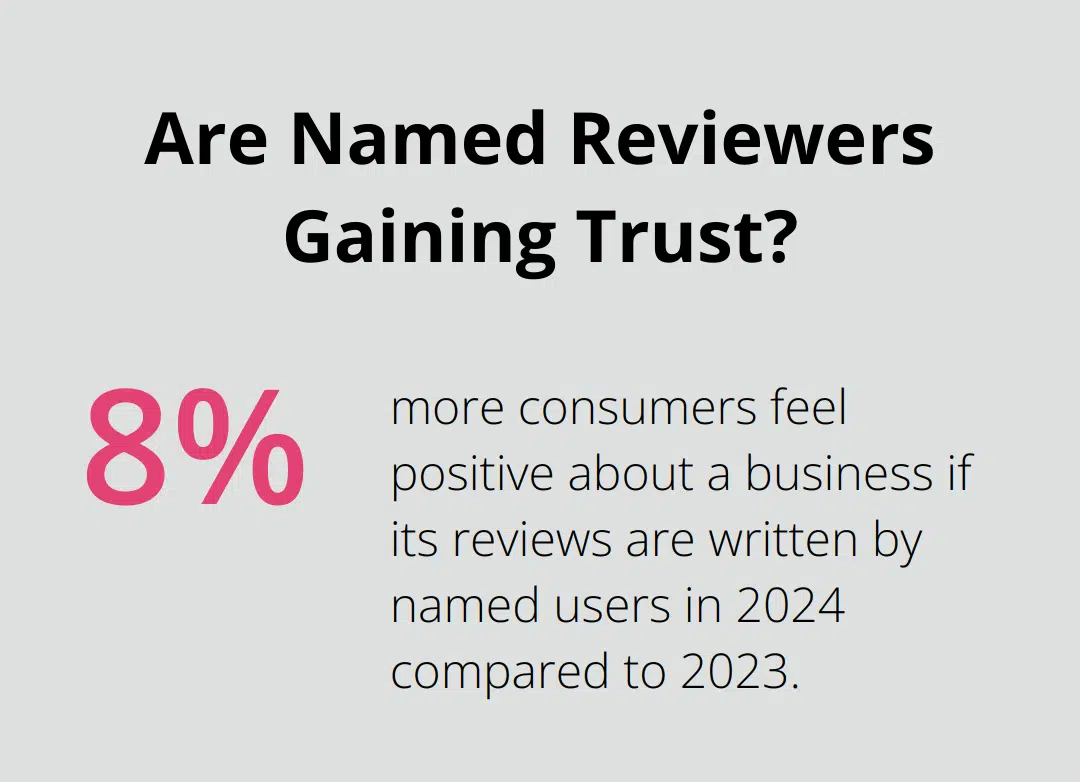
To harness the power of reviews:
- Actively encourage satisfied customers to leave reviews
- Respond to both positive and negative reviews promptly
- Display reviews prominently on your website and product pages
Influencer Marketing: The New Word-of-Mouth
Influencer marketing has exploded in recent years. The global influencer marketing industry is projected to reach $13.8 billion in value by 2021, reflecting the trust consumers place in influencers’ opinions and recommendations.
To effectively use influencer marketing:
- Choose influencers whose audience aligns with your target market
- Focus on micro-influencers for higher engagement rates
- Prioritize authentic partnerships over one-off promotions
The Authority Effect
People tend to trust and follow the advice of perceived experts or authority figures. This explains why doctors in white coats appear in health product ads and why financial advisors often feature in investment commercials.
To leverage authority in your marketing:
- Highlight your team’s expertise and credentials
- Seek endorsements from respected industry figures
- Share your knowledge through thought leadership content
While these tactics can be highly effective, it’s crucial to use them ethically. Prioritize transparency and authenticity in your marketing strategies. This approach not only drives sales but also builds lasting trust with customers.
Social proof and authority significantly influence purchasing decisions, but another powerful psychological trigger can turn casual browsers into loyal customers: reciprocity. Let’s explore how giving can lead to getting in the world of marketing.
The Give and Take of Marketing
The principle of reciprocity acts as a powerful force in marketing. When people receive something, they feel compelled to give back. This psychological trigger can boost sales and customer loyalty when used strategically.
Free Samples: A Gateway to Sales
Free samples prove to be more than just a nice gesture. They serve as a proven sales tactic. Research has found that free samples have a positive relation to immediate sales of that product. This strategy works because it reduces the perceived risk of trying something new and creates a sense of obligation.
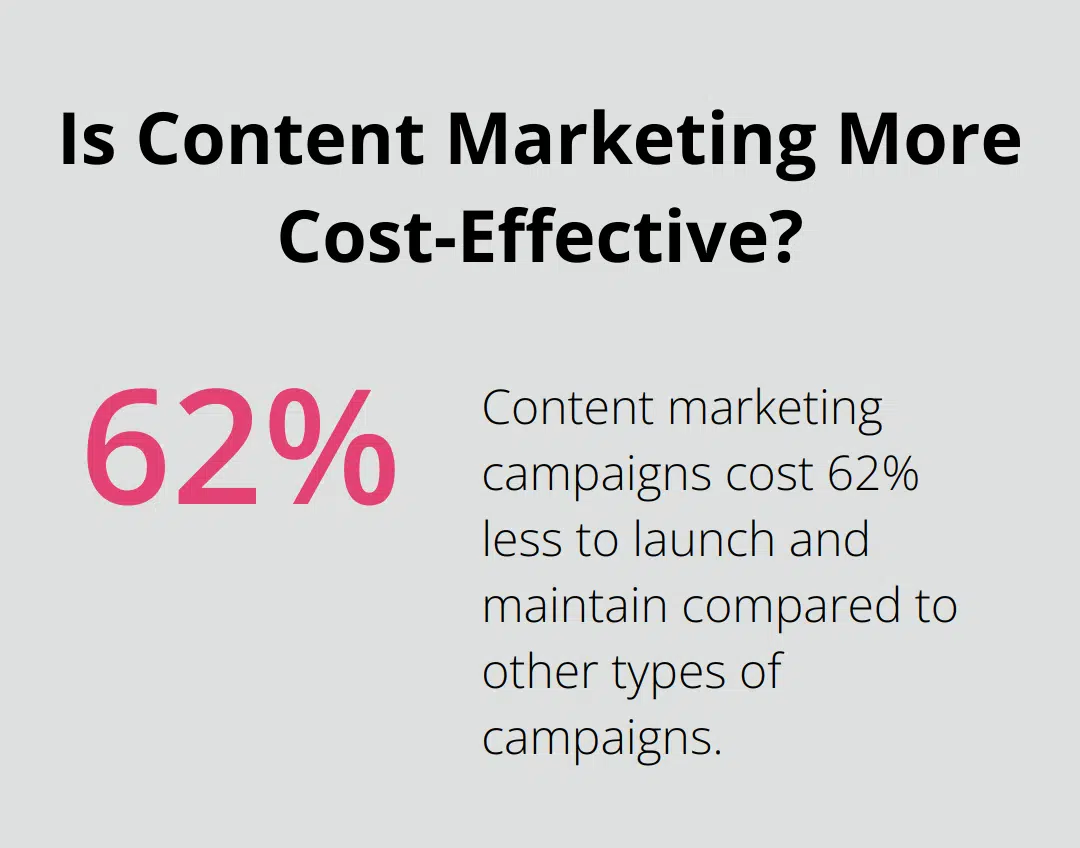
To make free samples work for your business:
- Offer samples of your best-selling products
- Provide samples that solve an immediate problem
- Follow up with targeted marketing to sample recipients
Unexpected Bonuses: The Delight Factor
Surprising customers with unexpected bonuses can create a lasting positive impression. A study by the Journal of Marketing found that surprise rewards are more effective at building customer loyalty than expected ones.
Here’s how to implement this strategy:
- Include a small gift with purchases
- Offer a free upgrade or additional service unexpectedly
- Send a personalized thank-you note with orders
The Power of Upfront Value
Providing value before asking for a sale can significantly increase conversion rates. Content marketing exemplifies this strategy. According to Forbes, content marketing campaigns cost 62% less to launch and maintain compared to other types of campaigns.
To leverage this approach:
- Create high-quality, informative content related to your products or services
- Offer free webinars or workshops to showcase your expertise
- Provide a free trial or limited version of your product
The key to successful reciprocity marketing lies in authenticity. Customers can sense when they’re being manipulated. Focus on genuinely adding value, and the sales will follow naturally.
Many companies (including Made Simpler) have seen firsthand how effective these strategies can be when implemented thoughtfully. Clients consistently report higher engagement and conversion rates when they incorporate reciprocity into their marketing plans.
Final Thoughts
Psychological triggers shape consumer behavior and drive purchasing decisions. From scarcity to social proof and reciprocity, these forces impact marketing efforts significantly. Marketers must prioritize transparency and authenticity in their strategies to build trust and avoid damaging brand reputation.
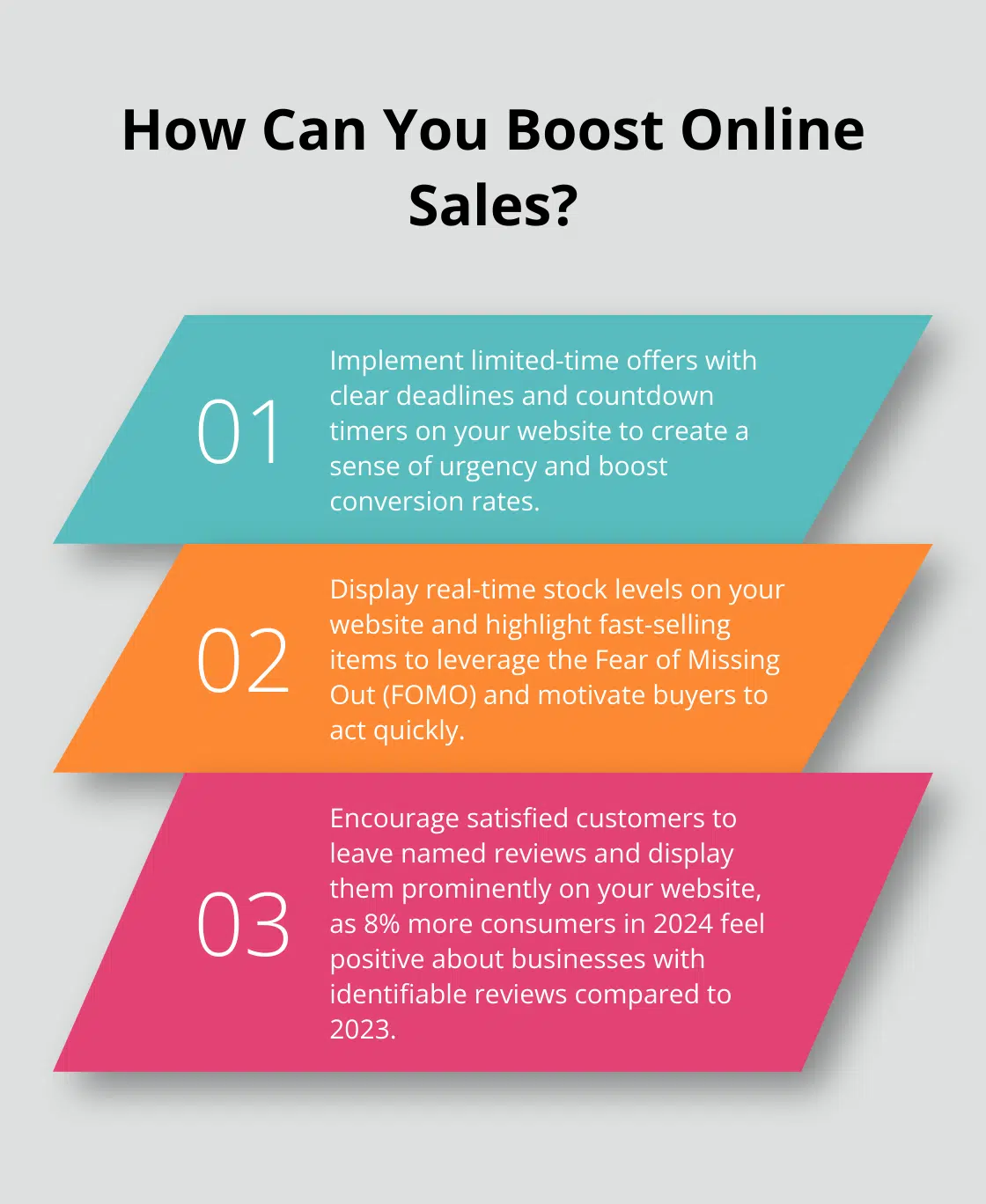
Effective implementation of marketing psychology requires a customer-centric approach. Businesses should identify triggers that align with their brand values and target audience. They must integrate these tactics seamlessly into campaigns while keeping customer interests at the forefront.
Made Simpler understands the intricacies of marketing psychology and its effective application. Our comprehensive marketing solutions (enhanced by AI technology) can help leverage these psychological triggers to resonate with your audience. We simplify your marketing efforts and maximize your return on investment through compelling content and targeted campaigns.
